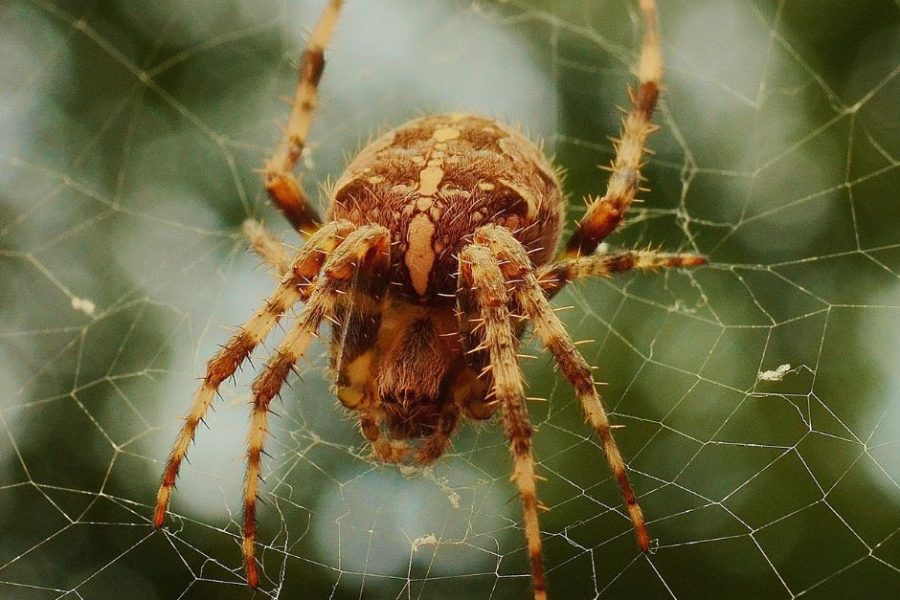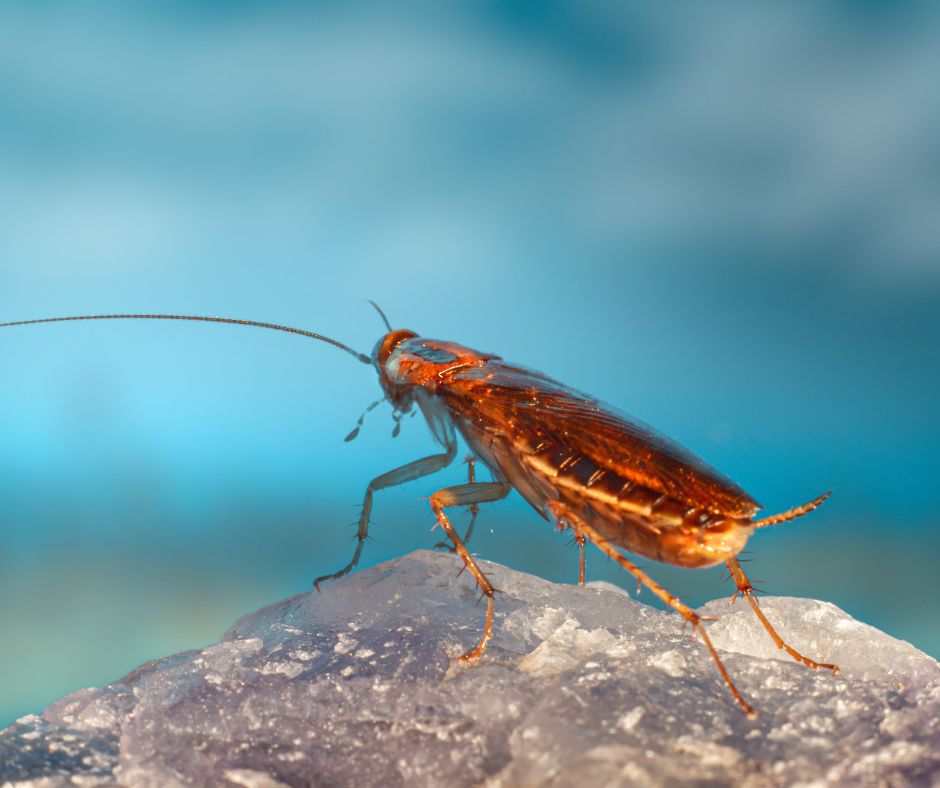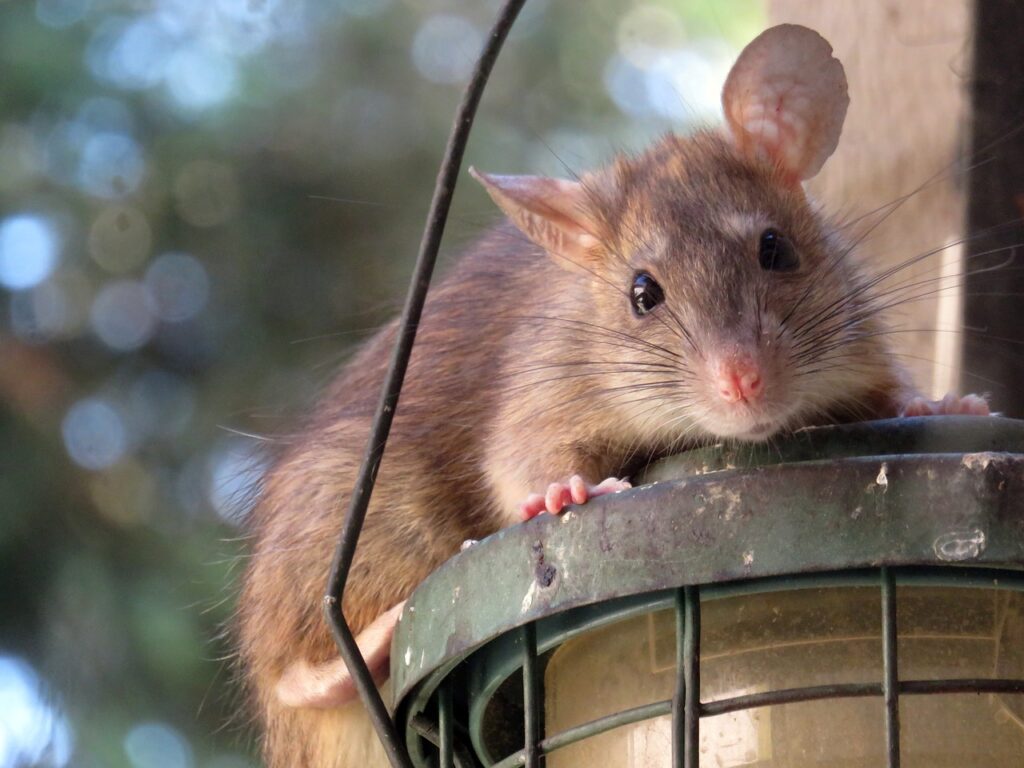
Winter is on its way, and you can already feel the refreshing nip in the air. Leaves are changing from bright green to beautiful oranges and yellows. Perhaps you’re setting out your cozy winter sweaters, jackets, boots, and gloves, anticipating the chilly weather right around the corner. Now, the temperature may decrease, but that doesn’t mean the pests do. Winter pests in Virginia are just as problematic as pests during any other time of the year.
Like humans, insects and critters of all shapes, sizes, and colors prepare for harsh conditions. As we switch on the heater and gather around the toasty fireplace, pests have their own ways of getting through this time.
In this blog, James River Pest Solutions presents some of the peskiest winter pests everyone needs to keep an eye out for. So, pour yourself a hot cocoa or warm apple cider and continue reading to learn about the season’s pests.
5 Winter Pests of Virginia
Some assume that the cold winter weather means fewer creepy crawlies are around. While you’ll undoubtedly see an increase in ants, bees, mosquitos, and other pests in spring and summer, winter pests can be an issue too. Some insects thrive just as well in chilly weather as in warm temperatures. Others slow down significantly to save their energy to survive the harsh conditions. But what’s most concerning for Virginia homeowners are the pests that enter indoors to make it through these shivery months.
The following creatures are some of the most prevalent and problematic winter pests people encounter in Virginia:
- Bed bugs
- Cockroaches
- Spiders
- Stink bugs
- rodents
Bed Bugs
Sneaky bed bugs are just as active in the winter as they are in any other season. This is primarily because they thrive indoors. You can find bed bugs outdoors, but they survive best when living among people inside their warm and cozy homes.
Bed bug infestations often increase in the winter months because of high rates of travel. These pesky pests are notorious for hitching hiking on travelers’ clothes, bodies, and luggage. During the chilly months, many families travel to see long-distance relatives or take a much-needed vacation. And college students return home for the winter break. It’s prime time for bed bugs to spread all over the country and multiply at alarming rates.
To prevent these winter pests from wreaking havoc on your holiday plans, be sure to do the following when traveling:
- When you arrive at a hotel or any temporary living space, check the mattress, sheets, and headboard for tiny rust-colored spots indicating the presence of bed bugs.
- Also, check seating areas, like the couch, armchairs, dining table chairs, and more.
- If you wake in the morning to itchy skin and small red welts, you may have been bitten by bed bugs hiding away in the sheets.
- Keep an eye out for bed bug eggs and shed skins.
- If you notice a foul musty odor and cannot determine an obvious source, it may be bed bugs.
- While packing to return home, thoroughly check your clean and dirty laundry for bed bugs. You should also scan your luggage, purse, and other travel items.

Cockroaches
Resilient cockroaches are active all year long and do not slow their activity during the cool months like some other winter pests. In fact, when the temperatures begin to drop, roaches are more likely to invade your home. Here, they can find abundant food, water, and warmth to better survive the harsh weather.
To make matters worse, cockroaches aren’t merely a nuisance. They’re also known for spreading nasty diseases, agitating allergies, and increasing asthma symptoms. The cockroaches scurrying across your kitchen and bathroom floors are likely to have been in other areas contaminated with bacteria. When not indoors, they are often found in sewage systems and trash ridden with disease-causing bacteria.
Furthermore, don’t be fooled by the old wives’ tale that roaches are only present in dirty, grimy homes. While they are more likely to thrive and reproduce in a filthy environment, they are also spotted in the cleanest of homes and establishments. All these little creatures need is water, food, and ample spots to hide away from predators.
Spiders
Spiders are a diverse group of arachnids. Some enter diapause during the cool winter, while others continue with their typical activity levels. In both cases, you may see an increase in spiders in your home when the temperatures drop for a few reasons. For one, the spiders entering diapause seek a safe and hidden location to stay put. Spiders will also follow their main food source, other bugs. When winter comes, many pests escape the chill and invade homes. So, the spiders will follow.
Some spiders lay their eggs in the fall or winter. Females are searching for a safe and warm location to store their young. Most adult spiders will survive freezing outdoor temperatures, but their eggs will not. So, homes and other buildings are often the best places for females to hide away their eggs until they hatch.
The good news is that most spiders are perfectly harmless to humans and pets. Even if they bite, they do not inject venom that will make you or your family ill. However, the brown recluse spider is one you should know how to identify to keep your household safe this winter.
Brown recluse spiders deliver a potent venom that can be life-threatening for certain people, like those with weak immune systems. Young children, the elderly, and infants are also more at risk for severe reactions. For others, a bite from the brown recluse spider will often cause sickness. In either case, it is crucial to seek medical attention when you suspect you have been bitten by one of these dangerous spiders.
Stink Bugs
Another winter pest prevalent in Virginia is the stink bug. These little insects enter diapause during the winter months. With a lack of their favorite foods, like nuts, fruits, and seeds, stink bugs slow their metabolism and decrease their activity levels to survive. They will also likely enter cozy structures, like homes and restaurants, to stay warm and protected and essentially sleep away the winter chill.
Luckily, stink bugs are no threat to humans. They may be pesky and unwanted in your home, but you don’t need to be alarmed when spotting them hiding away indoors.
Rodents
Rodents seeking warmth, shelter, and food are some of Virginia’s most common winter pests. Squirrels can be an issue, but when temperatures decrease, rats and mice are the most significant concern. Home-invading rodents bring many problems along with them. Mice and rats can carry ill-causing diseases and bacteria. And they may spread ticks and fleas throughout the home and to your pets. But that’s only the start of what chaos these pesky critters cause.
Mice, rats, and squirrels can cause major damage to a home, restaurant, or other establishments. All rodents have a pair of sharp and powerful incisors or teeth. They use these two front teeth to chew through tough surfaces like wood, metal, plastic, and drywall. Even worse, mice and rats are known for causing house fires! They have a terrible habit of gnawing at electrical wires, which may spark a flame that can grow in just minutes.

Keep Your Virginia Home Pest-Free All Winter Long!
The holiday season should be about gathering close to loved ones and making memories that last a lifetime. No one wants to deal with the hassle of a pest infestation, whether it be nasty mice, scary spiders, itchy bed bugs, or creepy cockroaches.
When you work with a trusted company like James River Pest Solutions, you won’t worry about winter pests squashing your holiday spirit. You know you’re in good hands with a skilled and friendly team like ours.
Call on the experts at James River Pest Solutions to rid your home of pests so you can enjoy this special time of year.